Many consider Ernesto Samper, 74, to be the first leftist president that Colombia has had in its recent history… a recognition typically attributed only to the current president, Gustavo Petro.
Samper’s presidency — between 1994 and 1998 — was marked by accusations that the Cali Cartel supported his campaign. However, this didn’t prevent him from eventually becoming one of the political leaders who has worked the hardest to achieve Latin American integration. He has done this through the Union of South American Nations (UNASUR), where he was secretary general from 2014 to 2017, and by embracing much more progressive positions than when he was in power.
The Bogotá-born Samper was visiting Mexico at the end of April to participate in an event for Morena, the ruling party. He also met with President Claudia Sheinbaum. The former Colombian president feels comfortable speaking about the challenges facing the left across the region, the rise of the far-right, as well as Trump’s second term. However, during his interview with EL PAÍS, he avoided any compromising statements about Petro, or about the situation in Venezuela.
What Samper never misses is an opportunity to add a dose of humor to his conversations: “I had to be a president [who faced] many difficulties… but I have greatly enjoyed being a former president. I consider myself a better former president. If one could be a former president without being president, that would be the ideal situation.”
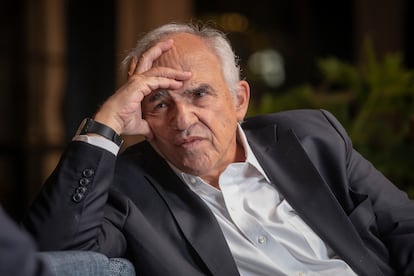
Question. Two years ago, during your last interview with EL PAÍS, you said that President Lula da Silva would consolidate the advance of progressivism. You also noted that the proposals of the progressive sector in Latin America were clearer, that Petro had changed the political spectrum and that Nicolás Maduro was an excellent negotiator. Do you still feel the same way?
Answer. I think that there are new factors that were not foreseeable and threats that I didn’t see [in the region] two years ago, which began with a right-wing drift and could end in a kind of new fascism in Latin America.
Q. What lessons have these first 100 days of Trump taught Latin America?
A. Contrary to what many people think, Trump has [given us] an opportunity. And I’m worried that we won’t know how to take advantage of it. Regarding free trade, there are countries that could rethink their relationship with the United States. Furthermore, the expulsion of migrants in the manner being done — ignoring the law — will cause a rethinking of the [pro-American] sentiment that existed in the region. The fact that a person is sent back — kicked and handcuffed, without being given the right to defend themselves, with a broken family — will generate a nationalism that could be used to reshape the treatment of migrants within Latin America. There are countries — I don’t want to name which ones — where the treatment of migrants doesn’t differ much from [the policy] in the United States.
Q. Do you think that the anti-imperialist discourse is still relevant, or is it an outdated rhetorical device in the face of the real challenges facing the region?
A. Anti-American sentiment had remained numb in recent years. The “gringos and yanquis go home” sentiment was no longer seen [graffitied] on the walls. But the treatment of migrants is going to be the breeding ground of a new anti-American sentiment that could give rise to — and I mean this in a positive sense — a nationalism we had lost.
Q. Trump has three clear battering rams in Latin America: Javier Milei (Argentina), Daniel Noboa (Ecuador) and Nayib Bukele (El Salvador). What role should the left play against these leaders?
A. Milei, Bolsonaro, and Bukele are digital zombies: they’re not Latin American-style leaders, with charisma and authority, or the ability to draw crowds. They’re simply digital products. Neither Bolsonaro, who attempted a coup — nor Bukele, who has turned his country into a prison — will leave a historical mark to be proud of.
Q. What do you think will be the cornerstones of Trump’s policy toward Latin America?
A. It will be a controversial policy, as was the [policy in his first term]. What’s new is that he’s beginning to air claims of territorial hegemony that we haven’t seen for many years, neither in the region, nor in the world. Despite all that, I don’t think we’ll be the ones to block Trump. Trump is going to be blocked in the United States. The Trump phenomenon is going to implode inside the United States. He’s touching a series of nerves that — under any other circumstances — would make the hair on the back of a normal gringo stand on end.
Q. Do you think there’s any political project on the Latin American left that’s inclusive, sustainable, and modern?
A. The left has certain ideological axes that have gravitas: there’s social inclusion, which we sometimes confuse with anti-discrimination. “Wokeism” does us a lot of harm: trying to compartmentalize the defense of minorities when, deep down, we all know that what unites them is a class difference.
We cannot continue speaking out against the neoliberal model without proposing an alternative. We need a regional financial architecture that’s distinct from the IDB, the World Bank, or the International Monetary Fund. I think there’s an ideological basis for the demands that we still share… but we’re failing in the way in which we conduct politics. We’ve allowed ourselves to be overwhelmed by social media, which the right is using much more efficiently, because it has more money and because it uses raw materials that are much more effective: fear, anguish, hatred, and resentment. It’s proven that these negative emotions are more motivating than selling [the public] dreams or utopias.
Q. But is there any government that stands out in particular?
A. I place great importance on the ability to organize social resistance, popular resistance. There are de-facto powers that have been occupying the spaces previously occupied by progressive parties: media outlets, economic monopolies that have bought [certain] media outlets and put them at the service of their interests. [There are] judges and prosecutors who are at the service of [waging] lawfare against progressive leaders. While all of this is happening, only [progressive political] parties or government projects — [the ones which] have managed to create a base of social and popular support to counteract this rightward shift by the elites — will be able to resist. I see it in Mexico, without a doubt, where Morena has achieved a strong base of popular support. I think Lula still has it [in Brazil] And, even though I see difficulties in Colombia, it cannot be ignored that Petro — although he may not be able to appoint a successor — can provide 25% or 30% support for a potential [progressive] candidate [in an election].
Q. What’s the main ideological challenge facing these leftist movements?
A. “Wokeism” has reduced us to a kind of minority tribalism. Inequality is a structural phenomenon with historical, cultural and — above all — socio-economic roots. It’s a problem of gaps: the rural-urban divide, the gender divide and the digital divide. What we need to do is close these gaps… and that’s the task the left cannot lose sight of. We must close these gaps, but not only through legal measures or cultural recognition [of minority groups]. And much less by compartmentalizing everyone. If anything unites an Indigenous woman or an Afro-Pacific person, it’s the conditions of inequality that they all face.
Q. To what extent is a renewal of leftist leadership in Latin America needed?
A. We — myself included — have unfortunately fallen into the pattern of Latin American progressive caudillismo (uniting around a strongman). If you ask me what important political change should be made in Latin America, I would say moving away from the old presidential system to a semi-parliamentary form of government. This caudillo-like leadership [empowered] heads of state, but left behind bad heads of government. My colleagues and I find it difficult to leave the political scene: [we] end up fighting with the people who helped us.
Q. Is there real room for self-criticism within left-wing projects in Latin America?
A. No, ideological polarization has postponed all processes of self-criticism [and] self-reflection. But I think if the left has anything to reclaim, it’s that there’s still the possibility of [offering] alternatives. The right wants to force us into a pragmatism that excludes the creation of new paths toward social inclusion. I believe people are still receptive to those messages.
Q. How do you assess Gustavo Petro’s government in Colombia?
A. I supported Petro’s [political] project more than his administration, because I have differences with the government, [even though I’m in agreement] with the project. I do believe [that his] progressive project has supported social reforms, Latin American integration and peace. I don’t regret having supported it for those three reasons.
Q. How are those three components going?
A. All are going badly. Regarding Latin American integration, Colombia will have — in Petro’s last year in office — the pro tempore presidency of CELAC (Community of Latin American and Caribbean States) and the Andean Community. [Colombia] has the opportunity to leave a mark on integration. It won’t be easy, but let’s say we’re leaving a question mark there. Regarding social reforms: [Petro] let the healthcare reform overwhelm all the others. Regarding peace: the initial reasoning — that one can’t have 10 fires in a house and only put out one — was valid. He will leave some important things behind, such as the fact that peace has to be territorial, no longer national. And we must highlight the positive aspects. [Firstly], people came to power who would never have done so if not for a leftist project. Secondly, the country’s institutionality was reaffirmed, because in Colombia, there’s a government, a parliament, courts, oversight bodies… and the Armed Forces don’t get involved in coup adventures. And thirdly: previously, [in the region], the international political benchmarks were Brazil and Mexico. Now, Colombia is a point of reference.
Q. You say that new people came to power through Petro’s government… but so have people who represent everything that, according to you, a leftist project shouldn’t have, such as Armando Benedetti, who serves as minister of the interior. How do you explain why he continues to have so much power in the government?
A. For me, the explanation is that the only person capable of articulating the Historic Pact (Colombia’s governing coalition) electorally and asserting Petro’s political capital is Armando Benedetti. I think [that Petro] thinks he’s the person who will allow him to maintain the political project. And he considers that to be valid.
Q. Will Petro’s government be a precedent or an exception in the left’s governance of Colombia?
A. Many of us would have liked the government to have fared better. But somehow, a social consciousness that had been dormant in recent administrations was reborn. I think that’s the imprint we must have, in order to continue believing that there are options for a progressive project to have continuity in Colombia.
Translated by Avik Jain Chatlani.
Sign up for our weekly newsletter to get more English-language news coverage from EL PAÍS USA Edition

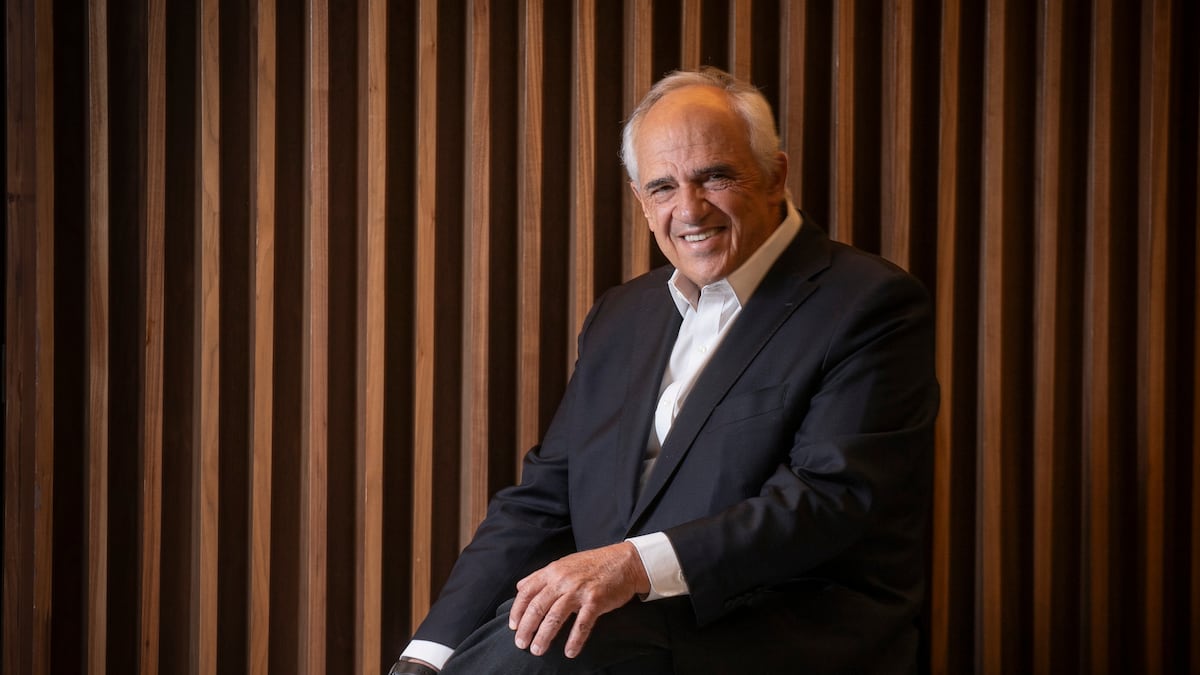
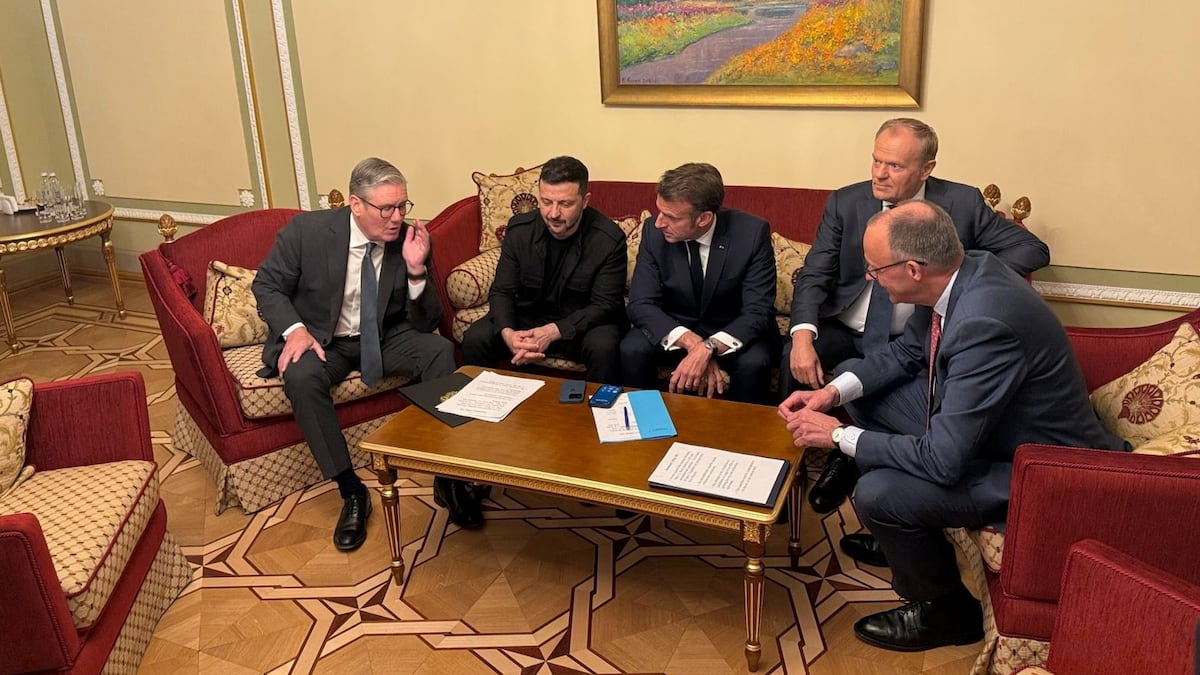
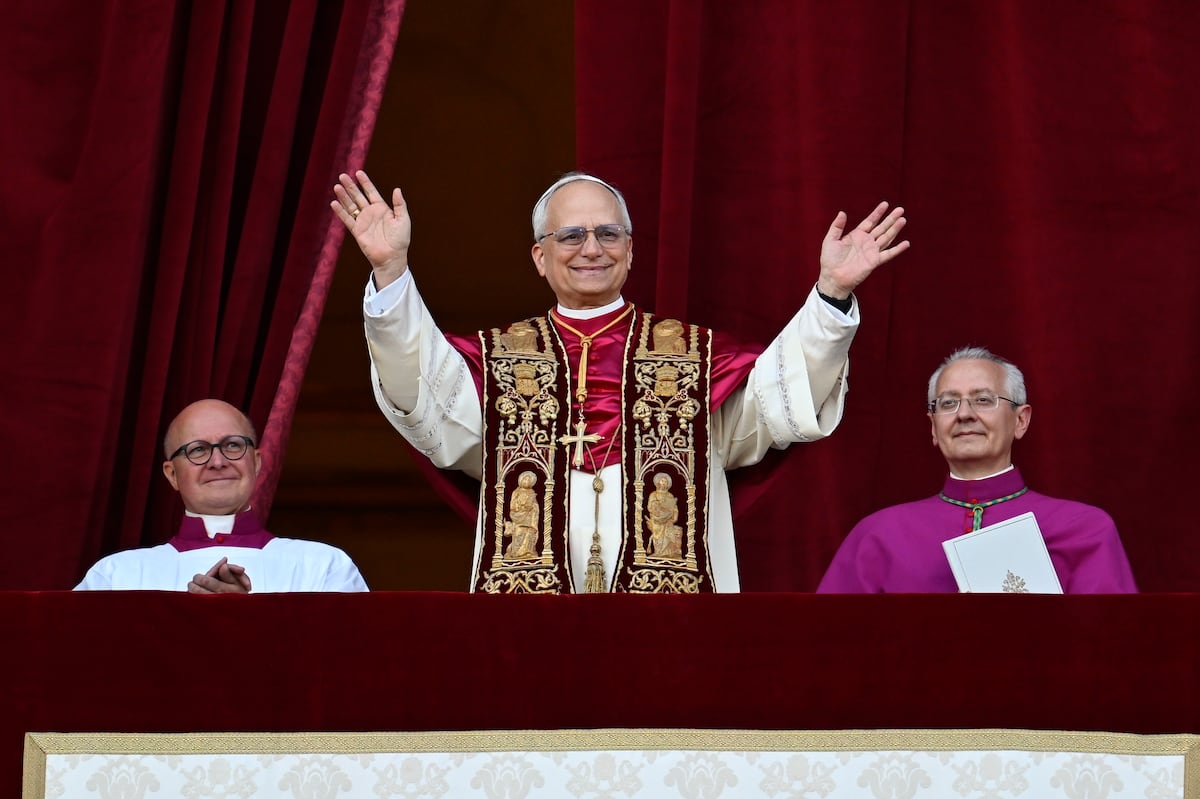
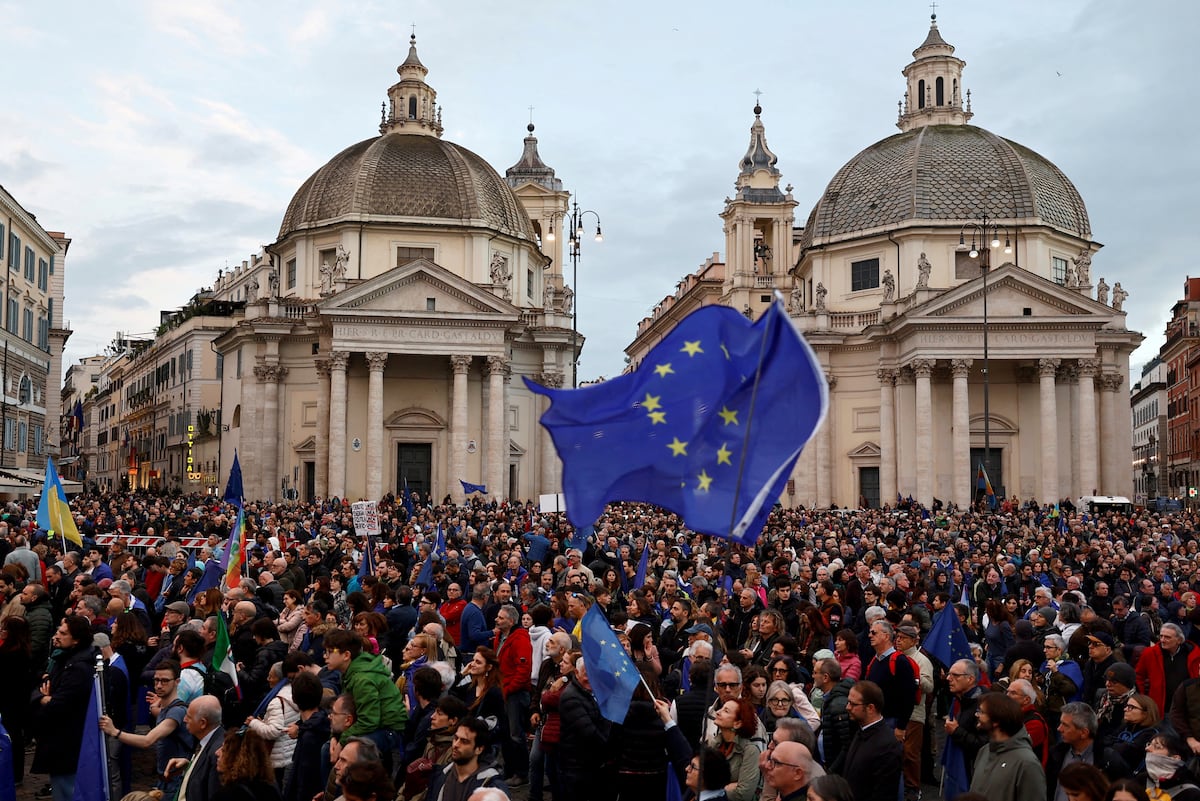

Comentarios